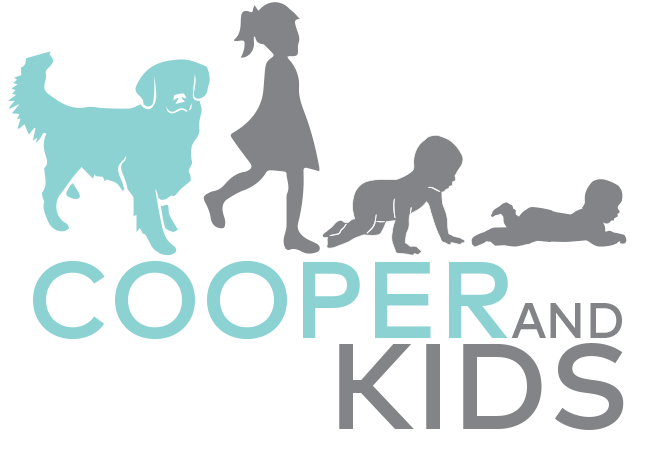Before giving you guys the tools to help build resilience in your children, I wanted to set the scene for you first as to why I decided to write a post on this…
I’VE GOT SO MANY QUESTIONS
Without even realising it, are you more protective over your first-born child?
I’ve been thinking about this a lot lately when I think about how our parenting styles have inadvertently differed between child 1 and 2. The heightened focus of attention that child 1 receives versus the more relaxed and balance attention that child 2 receives.
Does this disparity effect natural resilience levels and how children learn to adapt to real life?
I especially consider these thoughts when I think about how to build resilience in Harper, my first born. Yes, she is only 3.5 but there are times when I just feel she could handle certain situations better. The slightest experience that doesn’t quite go her way can result in a full-blown toddler melt down. The wrong colour plate at dinner, the missing toy or the tiny nudge from her brother can set her off. Our youngest Paxton on the other hand, doesn’t get phased by this stuff. It’s like he’s already got an in-built level of resilience that gives him the ability to brush these things off and move on.
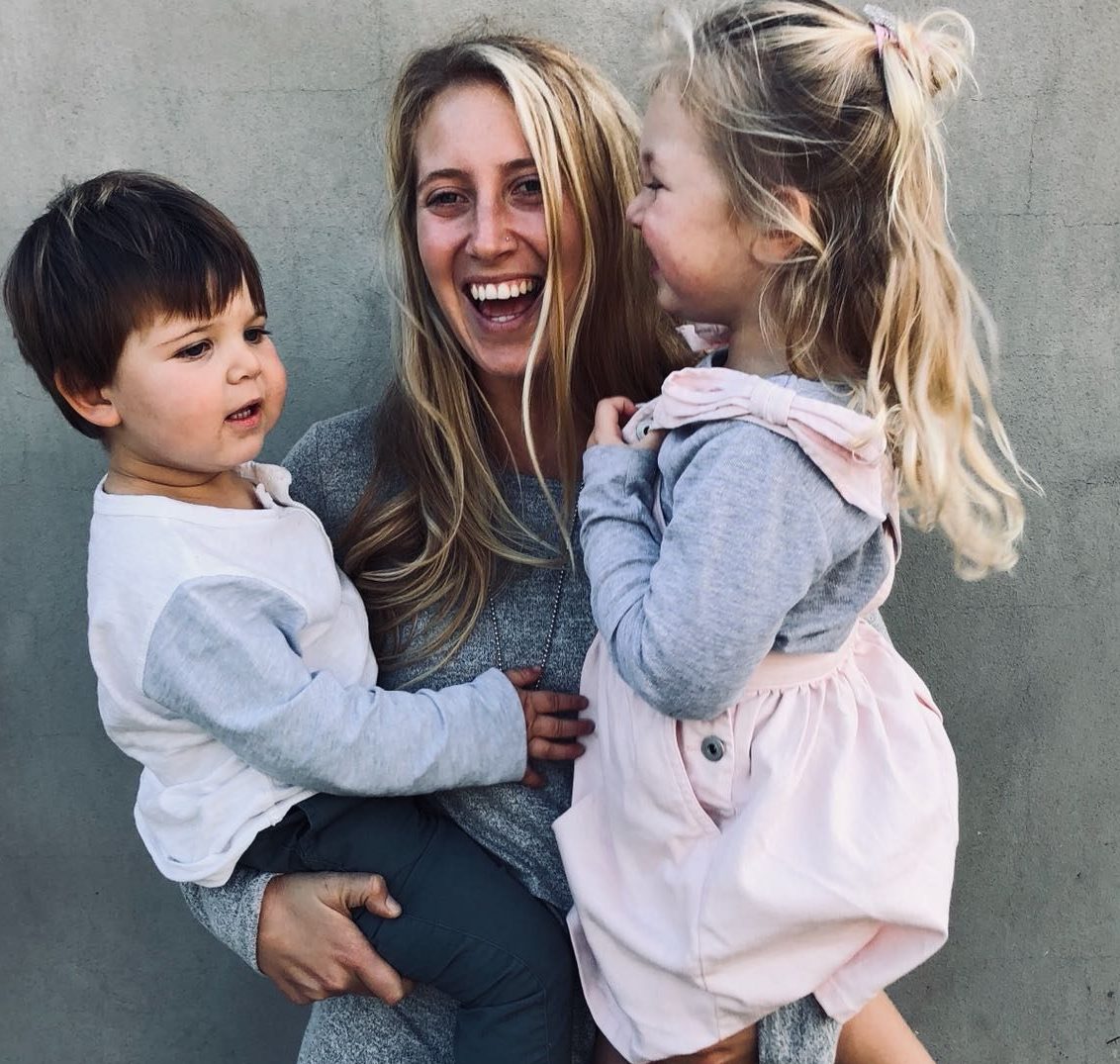
To be 100% honest with you guys, because of this, I find myself being more protective over Harper than Paxton. Like she needs it more than he does. I don’t know why, but for some reason, I just worry less about Paxton. He’s tough, he doesn’t let things bother him as much. He’s not as sensitive, emotional and dramatic as Harper. In saying that, I do worry about him in a different way. He’s a crazy boy so I more worry about him hurting himself, whereas Harper is more cautious. Paxton has only known life with Harper and me having to divide my attention between the two of them. He’s never really tried to fight for my attention like Harper does. Maybe it’s because the kids are so close in age and Harper has constantly felt like she’s been competing for my attention since Paxton was born?
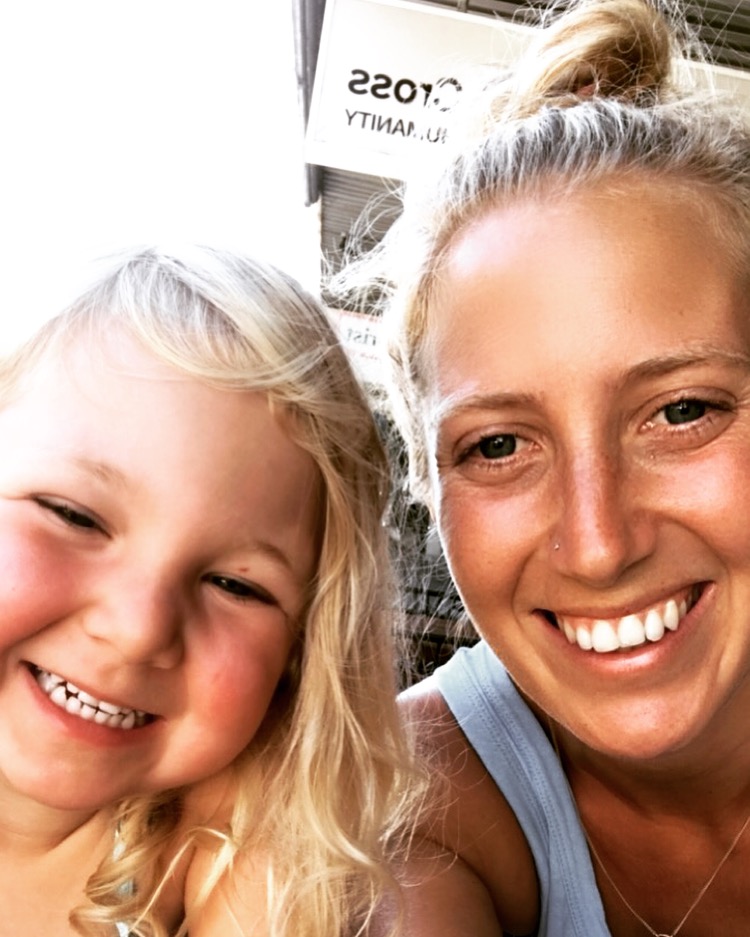
I don’t know! I often wonder, have I created this? Or am I like this because of the way they are? Does it have to do with birth order? Gender? Our parenting style? Or is this just personality and genetics?
Do you think birth order has an impact on personality and things such as resilience?
Are first born children less resilient because we as parents are too overprotective of them?
Do we fuss over our firstborns too much and give them more attention? Do we do too much for them and in turn make them less resilient?
I posed these “big questions” to a large group of parents to hear what other families thought…
So what do other parents think?
It appears that everyone has a different answer. Some agreed with me and had the exact same experiences, some had the same situation but with the same sex, some had the opposite experiences where it was their second born who seems less resilient, and some just had a totally different story. I even had two women write to me, both with twin girls and they said that one of their girls seemed to be less resilient than the other! So that rules out birth order and gender! I’m so intrigued by twins, they’ve grown up in the same environment but they can come out with such different personalities. What I took from all the responses is that it really does come down to a bit of everything and everyone is different. Innate personality/genetics, for some gender may play a role, birth order, the environment, our parenting it all impacts everyone differently.
I started asking myself, what can we do about this? How can we ensure that all of our children are tough and resilient in life? As I’ve mentioned before, this topic interests me very much, so over the last few weeks I’ve done lots of research to try and get some answers and hopefully a better understanding on how to help build resilience in our kids.
What the experts say…
Firstly, what is resilience?
I think it’s important that we all properly understand the meaning of this word before we look at ways we can help our children to be more resilient. Resilience comes not from failing, but from the experience of learning that even when everything goes wrong, you can pick yourself up, try again, and succeed. According to AHA Parenting, that requires at least some experience of success, and lots of emotional support. It’s true that we all learn from overcoming challenges, but we also learn best when we experience success, which motivates us to tackle more difficult challenges. Failure without support sets up a cycle of lack of confidence, giving up and more failure. Mastery, on the other hand, creates more mastery.
Evidence shows that Genetics does play a part but so does the environment.
Evidence suggests that many traits that contribute to resilience are at least partially inherited. Children who are by nature more adaptable, more outgoing, and more emotionally balanced have a head-start in developing resilience (which sounds like Paxton). Specific genes have been identified that seem to lead to some degree of resilience, one gene influences serotonin, and one promotes attachment. But what our children always experience is the interaction between genetics and the environment. Regardless of our child’s genetic make-up, we can give them a foundation of resiliency with early experiences, such as healthy attachment bonding and positive interactions with adults that help the child develop an unshakable belief that the world is a friendly place that welcomes and assists them.
Four Great Tools we can use as Parents to Help our Children become more Resilient
As parents, we can help to develop essential skills, habits and attitudes for building resilience at home by helping our children to:
(1) Build good relationships with others including adults and peers.
It is important for your child to have good strong and secure relationships with yourself, other adults and other children. We as parents must help support them in building these relationships. It’s also important for our children to feel loved, valued and supported and for them to know that they always have someone on their team, in their corner. Not necessarily someone who will do everything for them, as this can hinder resilience. The best way we can do this is by spending quality time with our children and leading by example, being the best role model you can be. I often remind my husband and myself of this, “monkey see, monkey do”, try to react to situations the way we want our kids to react… Even when we might be at our emotional tipping point.

(2) Build their independence.
Stop doing everything for them, teach your child to start taking on some responsibilities. We need to start letting our kids be more independent and doing things for themselves. They can know that we are there to support them and coach them through it, but we will not always be there to do it and fix their problems. From something as simple to putting on their own shoes and socks in the morning. It’s natural for us as parents to want to protect our children from negative experiences, but it’s important not to shield them completely from life’s challenges. This was definitely a big light bulb moment for me. Paxton already seems to be more independent than Harper. And yes, I think some of it comes down to their personalities but I also think I do too much for Harper, I always have, she’s always been needier, so Paxton has had to learn to do a lot for himself. Since realising all of this, I am now encouraging Harper to make her bed in the mornings, bring her plate to the sink after she’s eaten and both kids are now dressing themselves. If they get stuck, we are there to help them, but not to do it for them. Working through difficulties and problems, with our support if required, will give our children the chance to learn themselves, develop resilience, and grow as a person.
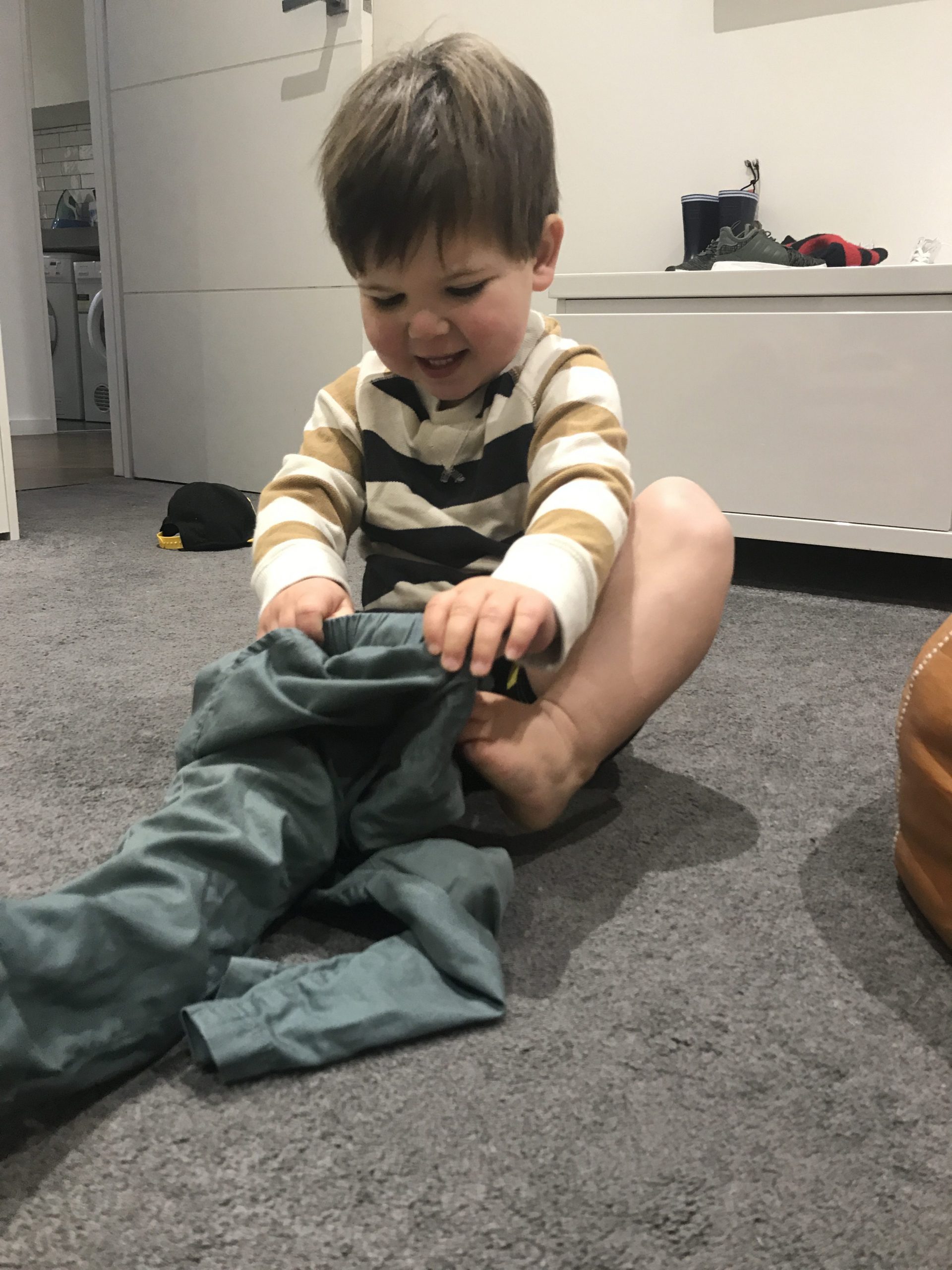
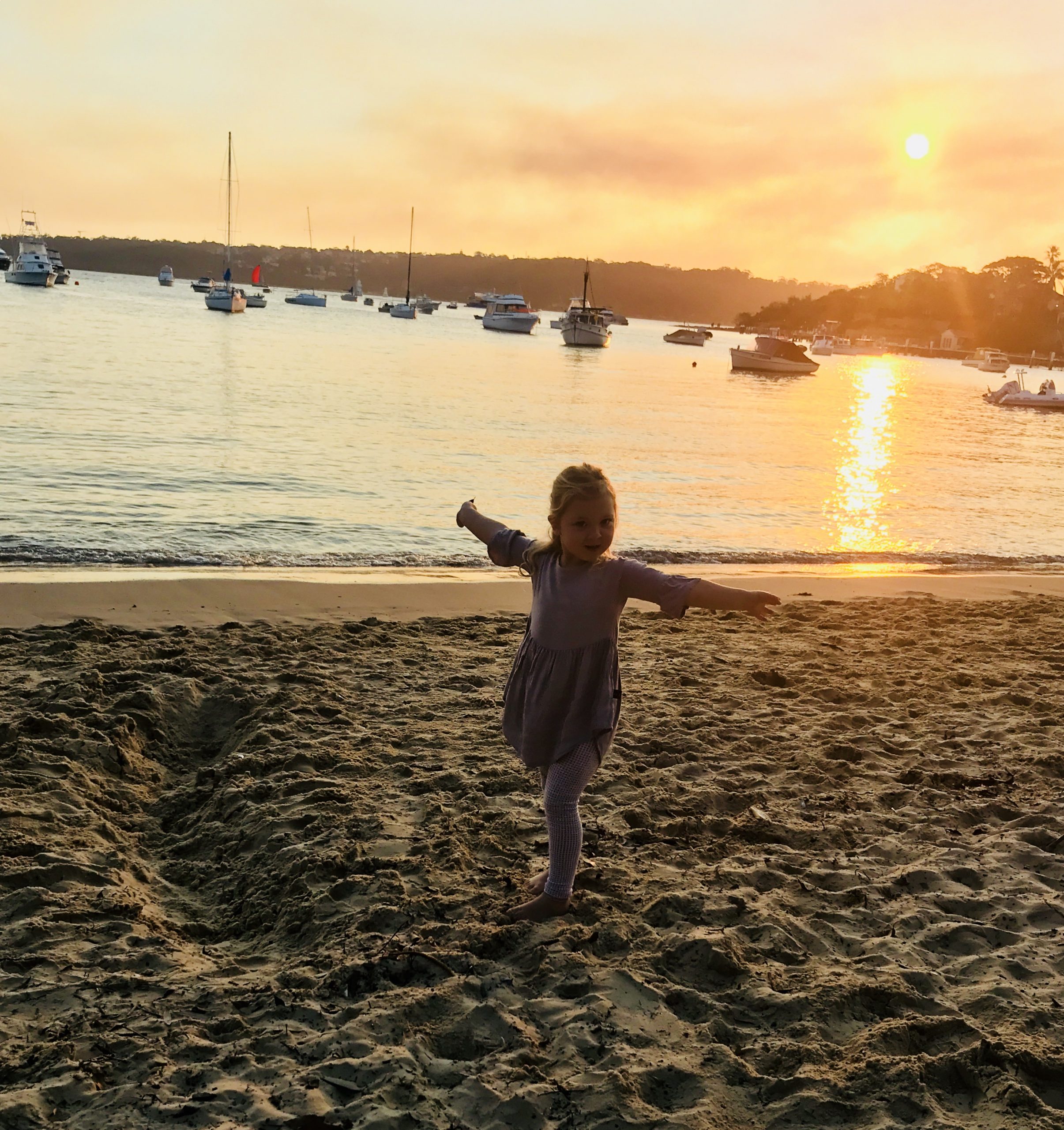
(3) Learn to identify, express and manage their emotions.
Improving our children’s resilience is not about helping them feel less. It’s about helping them to manage their feelings in a healthy way. This is another big one, especially for us as Harper has lots of big emotions and often doesn’t know how to manage them. The underlying message I got from this, is that we need to stop dismissing our children’s emotions and rather help them to ride their feelings and get through them. This in turn will help to build resilience. If your child knows that it’s ok to feel sad or angry or jealous (whatever it is), but they can get through that emotion and come out the other end ok, this will ultimately teach them to be more resilient. So, when your child is upset or crying or scared, don’t tell them “it’s not scary” or “don’t cry”. Be there for them but let them get through it. They need to know that it’s ok to have these big feelings and emotions. If you make them bottle them up, they will come out some other way and you’re not giving them the tools to get through hard times. In moments when they’re not experiencing big emotions, talk to them about your emotions and their emotions. Give them examples of when you’ve been scared or happy or nervous, etc and what you have done to help you get through these big feelings.
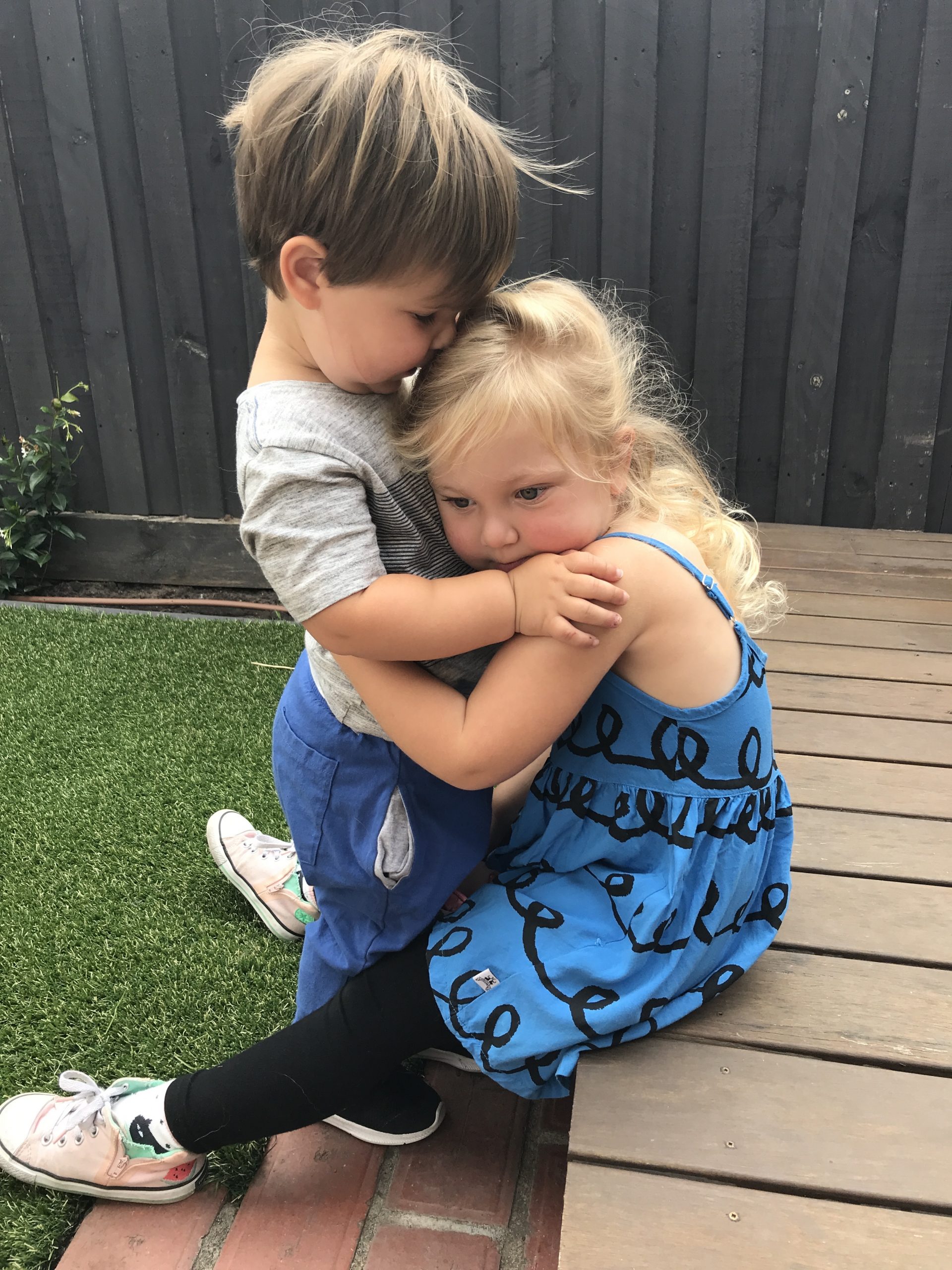
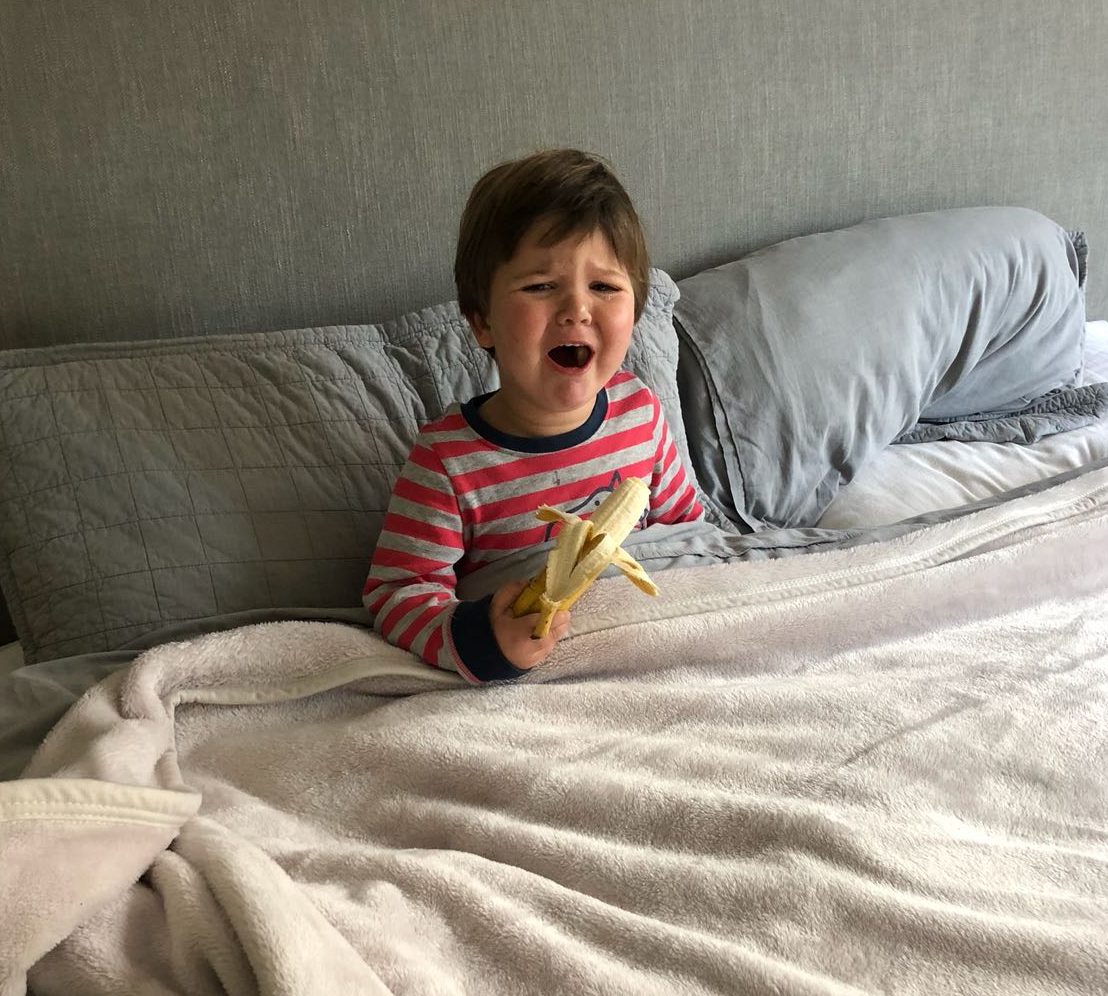
(4) Build their confidence by taking on personal challenges.
Provide your child with opportunities to build their confidence and learn how to deal with obstacles, success and failure when they undertake personal challenges. Teach your child to adopt a healthy attitude of ‘having a go’ early in life. Kids learn through trial and error and they need to learn how to tolerate failure when it occurs. Not learning to tolerate failure can leave children vulnerable to anxiety, and it can make them give up trying. A big lesson I learnt from all my reading and podcast listening is the importance of giving them success opportunities while we’re standing there next to them, but not doing it for them. And if they do fall, we are there as support them, not to pick them up and do it for them. This will ultimately teach them to get through ups and downs on their own, yet knowing we are there to support them if they need.
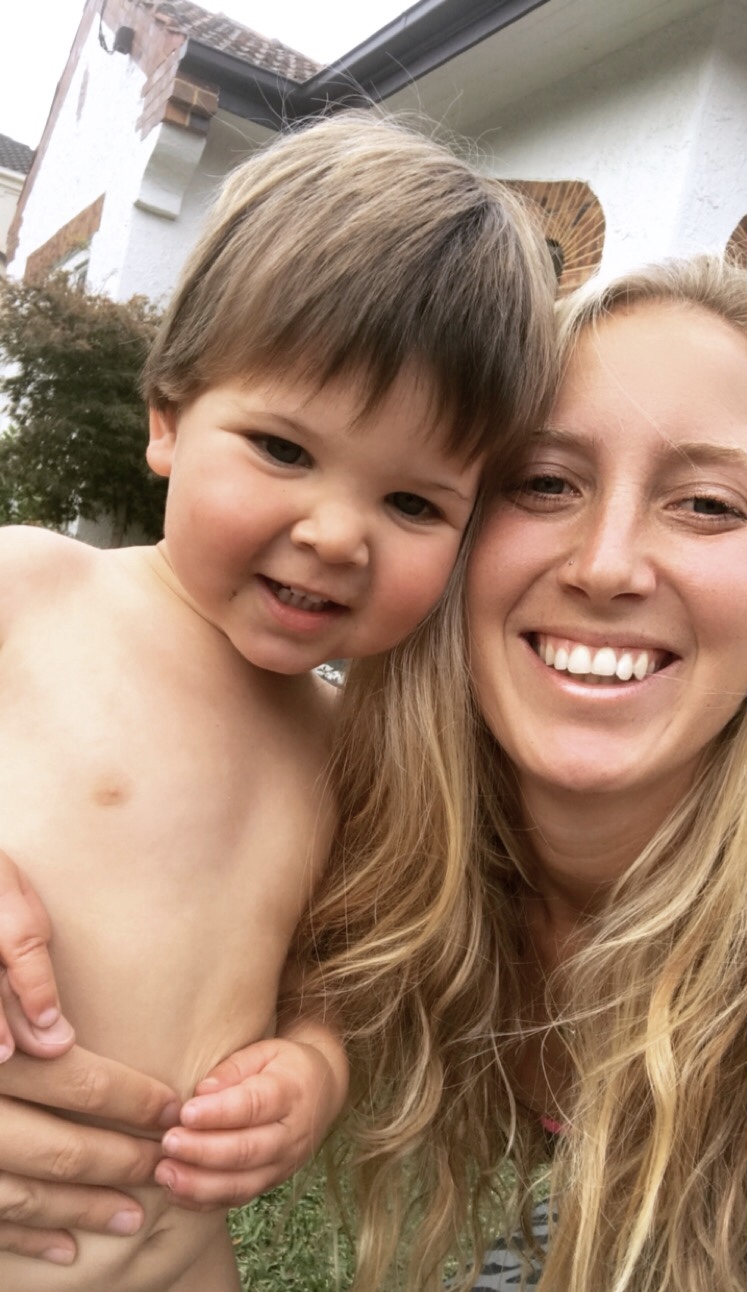

In Conclusion
For our children, just knowing that someone cares, and is there to help them pick up the pieces, is the foundation of resilience. I think a quote from the AHA Parenting websites sums this up best… “You can’t protect your child from the rain that falls in every life. What you can do is make sure that he knows how to find an umbrella, and has the confidence to make it through the storm. Now’s the time to start practicing. Someday, your child will look back and remember that he’s dealt with hard times before, and he came out fine. It’s your unwavering love that will get him there.”
Guys, this was a big one for me. So much research and so much learning. I know there’s lots of information here so I hope it wasn’t too overwhelming and you’ve found it helpful. Please as always, I’d love to hear from you. If you have any other great advice or tips, please let me know.
Mel xox
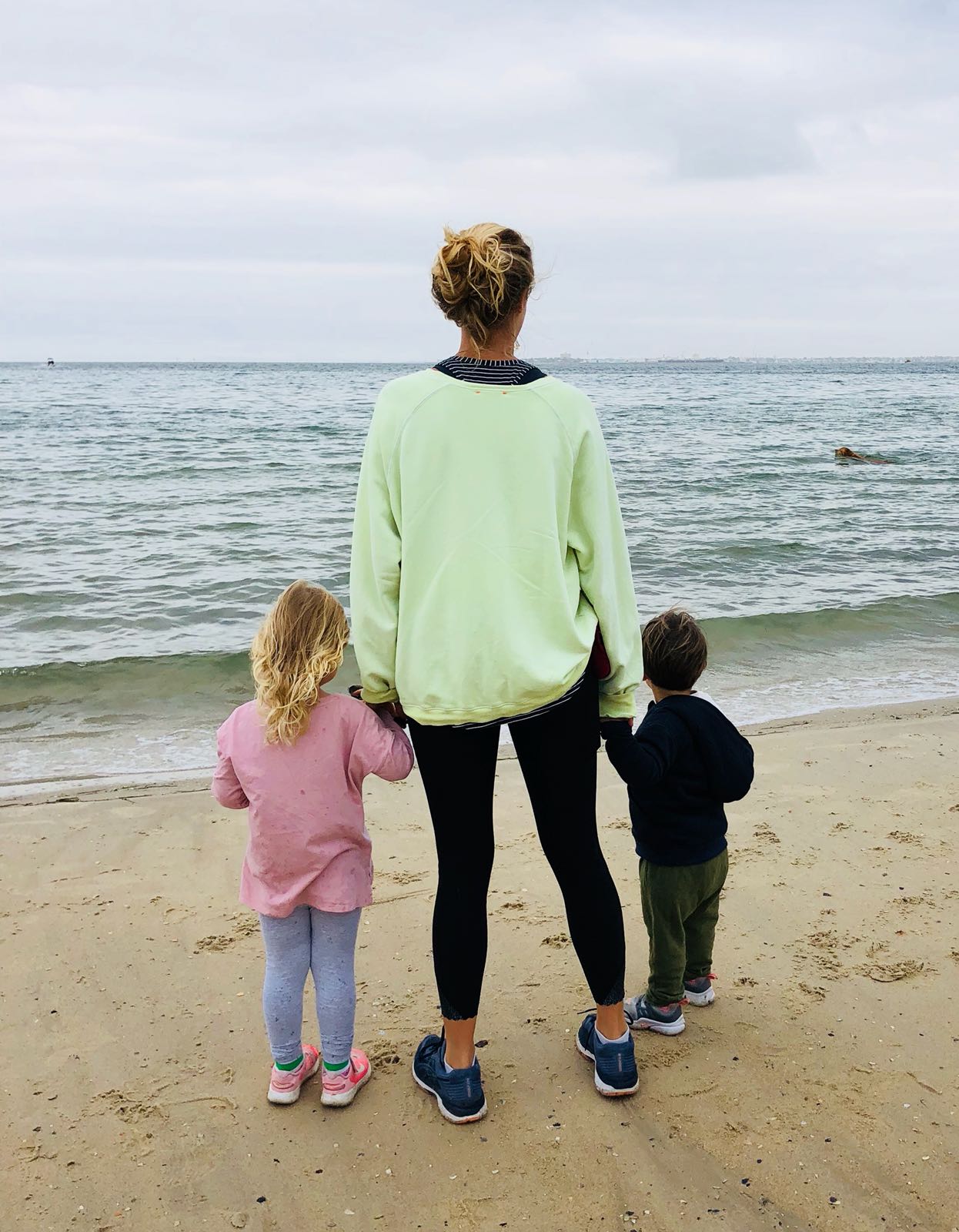
PS. Make sure to head to our SHOP if you haven’t already! Spoil yourself and your dog!!

Resources used for this article
Articles on resilience:
- http://www.ahaparenting.com/Default.aspx?PageID=7652609&A=SearchResult&SearchID=11141304&ObjectID=7652609&ObjectType=1
- http://www.ahaparenting.com/BlogRetrieve.aspx?PostID=469933&A=SearchResult&SearchID=11141304&ObjectID=469933&ObjectType=55
- http://www.ahaparenting.com/BlogRetrieve.aspx?PostID=469880&A=SearchResult&SearchID=11141304&ObjectID=469880&ObjectType=55
- https://healthyfamilies.beyondblue.org.au/healthy-homes/building-resilience
Podcasts I listened to on building resilience:
- https://www.happyfamilies.com.au/podcast/build-resilience-child/
- https://podtail.com/en/podcast/respectful-parenting-janet-lansbury-unruffled/can-a-child-be-taught-resilience/

